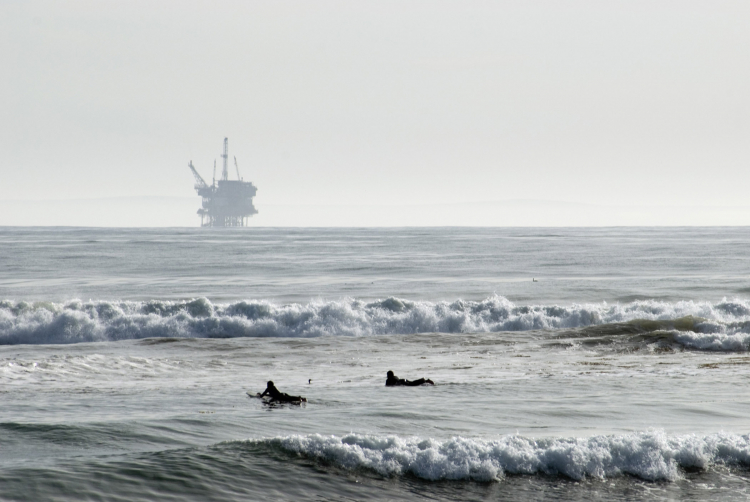Race for resources to exacerbate geopolitical risk

Competition for strategic minerals on land and in the sea, as well as a new space race, are expected to heighten geopolitical tensions in the coming years, according to Marsh’ Political Risk Report 2022.
Published in May, the report points to a battle for in-demand and largely untapped mineral resources, such as cobalt, copper, lithium, manganese, thorium, titanium, uranium, and vanadium, all critical to the energy transition, as shaping future geopolitical risk.
“The conflict between Russia and Ukraine is a stark reminder of how quickly geopolitical risks can escalate and have a terrible local humanitarian impact as well as affect businesses and investors around the world,” said Nick Robson, Head of Credit Specialties at Marsh Specialty.
“The appalling consequences of this conflict on the Ukrainian people will remain at the centre of our thoughts for the foreseeable future. However, this is also a moment for businesses and investors to consider how developments in the environments of sea, space, and soil could influence future geopolitical tensions between countries and regions.
“We are working with clients to help understand the potential impact of current and emerging political risks, together with the need for strategic risk and insurance plans, which will enable them to be more resilient to future political and economic crises.”
The Report highlights that with more than 80% of the sea depths unexplored, there remains immense potential for exploration and investment to meet the growing demand for food and raw materials.
That potential raises the risk of heightened geopolitical tension, however, since while those resources may support the energy transition, the health of the oceans is also a vital part of navigating the climate crisis.
The fact most potential resources are located in exclusive economic zones (EEZs), which cover territorial rights offshore and may be contested is also expected to create tensions.
In space, Marsh states that growing commercial ambitions, combined with further militarisation, will require collaboration on a robust governance framework. The report predicts there could be 100,000 satellites in low Earth orbit within the next decade, leading to an increase in orbital debris.
Robson added: “Understanding these challenges and building them in to risk and insurance planning will make business more resilient, and help to secure growth, even as we adapt to our changed geopolitical realities.”
